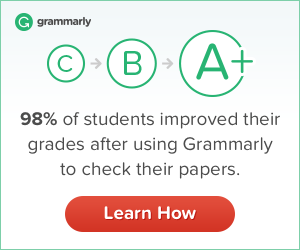A verbal is a verb form used as some other part of speech. There are
three kinds of verbals: gerunds, participles, and infinitives.
A gerund always ends in ing and is used as a noun.
Example:
Eating is fun.
A participle is used as an adjective and ends various ways. A present
participle always ends with ing as does the gerund, but remember that it is an adjective. A past participle ends with ed, n, or irregularly.
Examples:
played, broken, brought, sung, seeing, having seen, being seen, seen, having
been seen
An infinitive is to plus a verb form. It can be a noun,
an adjective, or an adverb.
Examples:
to be, to see, to be seen, to be eaten
Instructions: Find the
gerunds, gerund phrases, participles, participial phrases, infinitives,
or infinitive phrases in these sentences, tell what kind of verbal they
are, and how they are used.
1. Blaming others is not being honest with oneself.
2. We do not plan to change the rules.
3. Forgetting his promise, Jeff returned home late.
4. My dog is too old to learn new tricks.
5. One way to improve is regular practice.
--For answers scroll
down.
Answers:
1. Blaming others is not being honest with oneself.
- Blaming others (gerund phrase) used as the subject
2. We do not plan to change the rules.
- to change the rules (noun infinitive phrase) used as the direct object
3. Forgetting his promise, Jeff returned home late.
- Forgetting his promise (participial phrase) modifying the subject Jeff
4. My dog is too old to learn new tricks.
- to learn new tricks (adverb infinitive phrase) modifying the predicate adjective old
5. One way to improve is regular practice.
- to improve (adjective infinitive) modifying the subject way
For your convenience, all of our lessons are available on our website in our lesson archive. Our lessons are also available to purchase in an eBook and a workbook format.







No comments:
Post a Comment